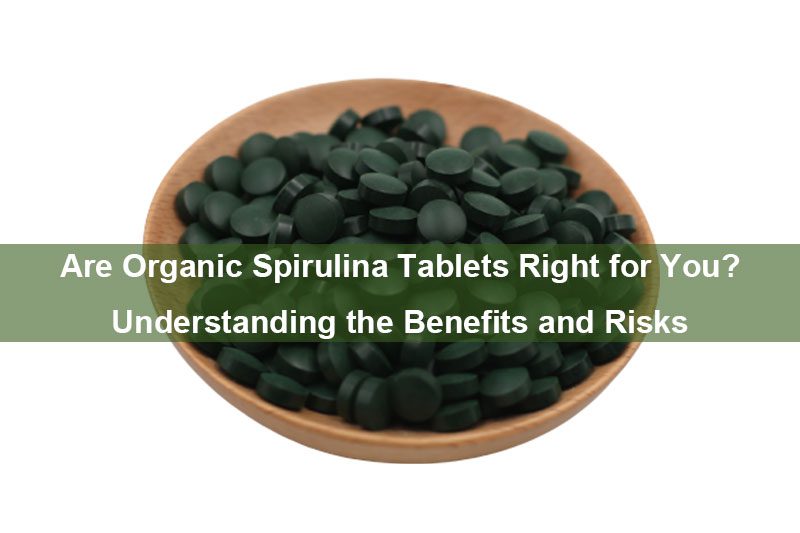Table of Contents
Sugar is one of the most widely consumed ingredients in the world, but it also has many negative effects on health, such as obesity, diabetes, and cardiovascular diseases. Many people are looking for alternatives to sugar that can provide the same sweetness and functionality without the calories and carbs. One of these alternatives is organic allulose sweetener, a natural low-calorie sugar substitute that is derived from organic sugar cane. But how does organic allulose sweetener compare to traditional sugar and sweetener? Here are some of the main differences and benefits of organic allulose sweetener.
What is organic allulose sweetener?
Organic allulose sweetener is a type of sugar that resembles fructose, which is the sugar that occurs naturally in fruit. It is sourced from organic sugar cane and processed without chemical treatment. It has 70% of the sweetness of sugar and only 1/10th of the calories. Organic allulose sweetener is ideal for keto diets, diabetics, and health-conscious consumers.
Organic allulose sweetener can be used in various applications such as baking, cooking, beverages, and desserts. It does not impact blood glucose or insulin levels and has no aftertaste. Unfortunately, there’s no production of certified organic allulose because it’s refined using ion-exchange and absorption resin processes to filter. By law, organic sweeteners must be processed, handled, and packaged according to a long list of rules established by the U.S. Department of Agriculture—the National Organic Program (NOP).
How does organic allulose sweetener differ from traditional sugar and sweetener?
Organic allulose sweetener has several differences from traditional sugar and sweetener, such as:
- Calorie content: Organic allulose sweetener provides about 0.4 calories per gram (g), which is significantly lower than the 4 calories per g in sugar. This means that consuming organic allulose sweetener can help reduce calorie intake and prevent weight gain.
- Carb content: Organic allulose sweetener has only 0.2 g of net carbs per teaspoon, which is much lower than the 4 g of net carbs in sugar. This means that consuming organic allulose sweetener can help maintain ketosis and blood sugar levels for people following low-carb diets.
- Metabolism: Organic allulose sweetener is absorbed by the body but not metabolized into glucose, so it is virtually calorie free. Traditional sugar and sweetener are metabolized into glucose, which raises blood glucose and insulin levels and contributes to fat storage.
What are the benefits of organic allulose sweetener?
Organic allulose sweetener has several benefits over traditional sugar and sweetener, such as:
- Health benefits: Organic allulose sweetener may have some health benefits for people with diabetes and obesity. According to a small-scale study from 2015, allulose may help to control glucose levels and improve insulin resistance. Another study showed that those who consumed a high dose allulose beverage had significant decreases in body fat percentage, body fat mass, and body mass index (BMI) compared with those taking a placebo.
- Taste and functionality: Organic allulose sweetener delivers the same taste and texture as sugar without the calories and carbs. It can be used in baking, cooking, beverages, and desserts without compromising the flavor or quality.
What are the risks of organic allulose sweetener?
Organic allulose sweetener is generally considered safe and well-tolerated by most people. However, as with any sugar substitute, there may be some concerns about its safety and health effects with long-term use. Some of the possible risks of organic allulose sweetener are:
- Digestive issues: Organic allulose sweetener may cause some digestive issues such as bloating, gas, diarrhea, or abdominal discomfort in some people, especially if consumed in large amounts. This is because the body does not metabolize allulose and it passes through the digestive system unchanged.
- Allergic reactions: Organic allulose sweetener may cause allergic reactions in some people who are sensitive to corn or other ingredients used in its production. Symptoms may include hives, itching, swelling, or difficulty breathing.
- Lack of research: Organic allulose sweetener is a relatively new product on the market and there is not enough research on its long-term safety and effectiveness.
Conclusion
Organic allulose sweetener is a natural low-calorie sugar substitute that can provide the same taste and functionality as sugar without calories and carbs. It may also have some health benefits for people with diabetes and obesity. However, it may also cause some digestive issues or allergic reactions in some people and there is not enough research on its long-term safety and effectiveness. Therefore, people who want to use organic allulose sweetener should consult their doctor before doing so and consume it in moderation.

